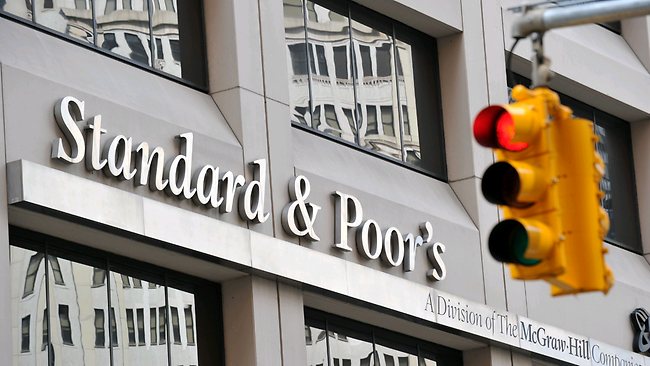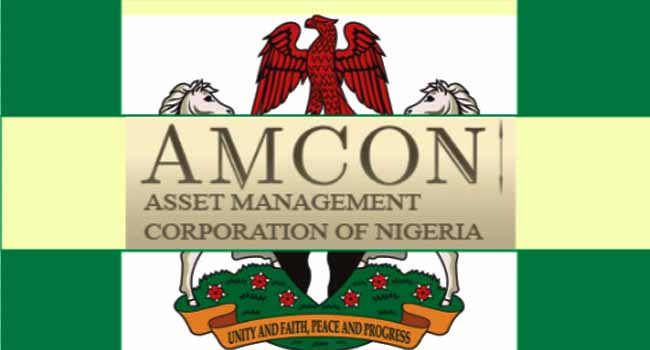Standard and Poor’s ratings services says Nigeria’s banking system needs a longer regulatory track record before they can stop considering corporate governance and regulatory oversight to be among its key risks.
This was contained in a statement released on Wednesday by the rating agency titled – Strong Regulatory Action Proves Its Worth For The Nigerian Banking System.

“In Standard & Poor’s Ratings Services’ view, however, the sector needs a longer regulatory track record before we stop considering corporate governance and regulatory oversight to be among its key risks.
The agency acknowledged that though there have been remarkable improvements in the Nigeria Banking systems as “fewer, larger institutions have emerged following a succession of mergers triggered by the sharp rise in NPLs, risk management–particularly in higher-risk lending such as foreign currency loans and retail–and access to low-cost funding will be the key differentiators affecting banks’ performance going forward.”
According to the ratings agency, long-term success for Nigerian banks will chiefly depend on the lenders enhancing their risk management, improving their governance, diversifying their loan portfolios, and securing their funding profiles.
In 2009, eight of the country’s 24 banks had to be rescued after weak risk management and corporate governance lapses caused nonperforming loans to rise to more than a third of total loans across the banking system.
Meanwhile the Asset Management Company of Nigeria (AMCON) is expected to begin sales of the three nationalized banks – Mainstreet bank, Enterprise bank and Keystone bank.




